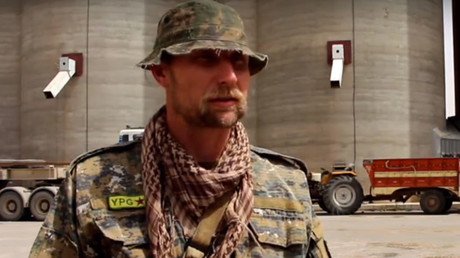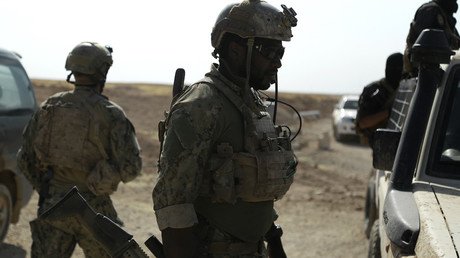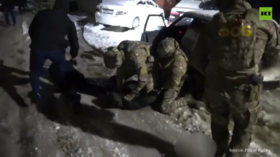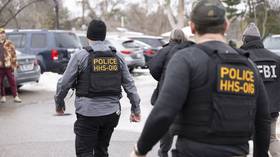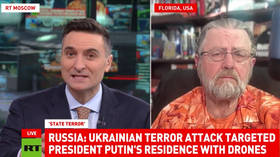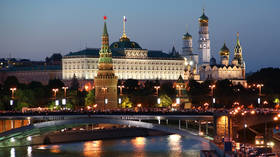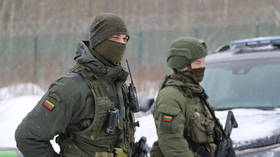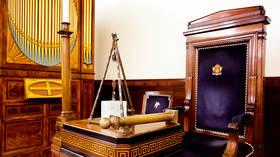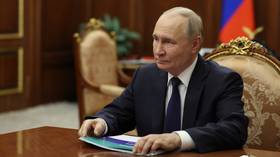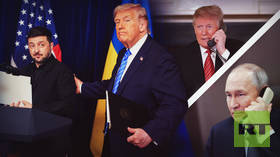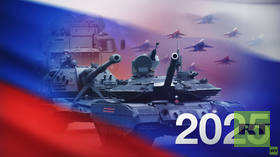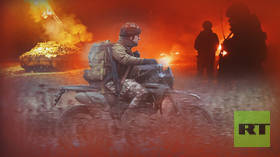‘US trying take credit for others’ success in Syria’
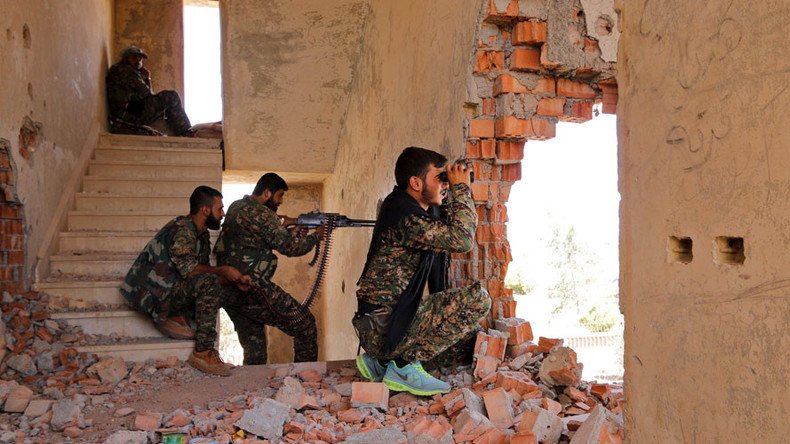
The US doesn’t have enough fire power to make a decisive difference in Syria, but there’s a tendency by the Obama team to take credit for what others do to leave an impression he did something right, said retired CIA and State Dept official Larry Johnson.
RT: How big is the contribution of US soldiers aiding YPG fighters in the Raqqa offensive? Doesn’t the US have any plans to take Raqqa?
Larry Johnson: The US does not have the ability to take Raqqa. We don’t have enough troops in the area to do so. It is only through supporting the Kurds and the Iraqi army that there could be any possible success of an assault there. But the US doesn’t have enough forces in place.
RT: Why we are reading reports of the US assistance now, when the offensive is successful, is it a coincidence or not?
LJ: There is a tremendous disconnect between what is going on the ground in Iraq and Syria and the actual substance of President Obama’s policy. His policy is really designed more for political consumption in the US to create an impression. It doesn’t matter whether that impression actually reflects the reality of what is on the ground. Just as long as they can portray outwardly “We’re doing something, we’re active, we’re succeeding.” Even though they may not actually be succeeding. Simple fact that they continue to deploy Special Operations Forces that they call an ‘advise-and-assist’ role, while the enemy we’re going up against is basically a conventional army, Special Operations Forces with advise-and-assist duties are completely useless… It is almost like a military policy that has made up by virtue of press releases, and not in terms of what is actually transpiring on the ground.
RT: What’s your take on Obama’s policy in the region in general?
LJ: This is the last year of Barack Obama’s administration. He is trying to create the impression that he is actually doing something and succeeding, instead of coming to grips with reality that his reign as president has been basically an abject failure.
RT: So YPG forces’ advance would be possible without US military support?
LJ: Basically are you saying, is the US is trying to take credit for what others have done – the answer is yes. That is the simple answer to that. The US doesn’t have the fire power - either in terms of troops, or actually close air support from aircraft to really shift and make a decisive difference on the ground. So there is a great tendency – we observed it over and over with Barack Obama and his team to take credit for what others do.
…What we’re looking at is a president who is in the last seven months of his time in office. And in that time period he wants to leave an impression that he did something right, because any objective observer that looks back over the course of the last seven and a half years sees the strain of unmitigated foreign policy disasters.
RT: Do you expect Raqqa to fall soon?
LJ: No. I think it is going to take some time. Until we come to grips with the fact that Islamic State (IS, formerly ISIS/ISIL) is not just a gang of 30 guys running around wearing a radical Islamic headdress; then we’ll come to grips with that they are a de facto state and a de facto army, and must be engaged in more of a conventional fashion. That requires moving troops into place, having lines of communication with effective resupply. …So I think a sustained effort on the part of both the Syrians with the backing of Russia and Iran will make a difference.
RT: Do you expect the number of American forces on the ground in Syria to increase?
LJ: Not significantly. It’s been so piecemeal to this point, and the forces that are being sent there are not really forces that will make a difference on the ground. These are soldiers whose missions in the real world are to promote what is called unconventional warfare. Working with guerrillas and insurgents to conduct basically terrorist attacks, hit-and-run attacks – they do nothing when you go up against…an army with armor, artillery, tanks that can create a significant force on the ground. They cannot just be easily overrun by 10-20 men…I don’t see the US throwing more troops into the mix that would make a decisive deference on the battle field.
The statements, views and opinions expressed in this column are solely those of the author and do not necessarily represent those of RT.
